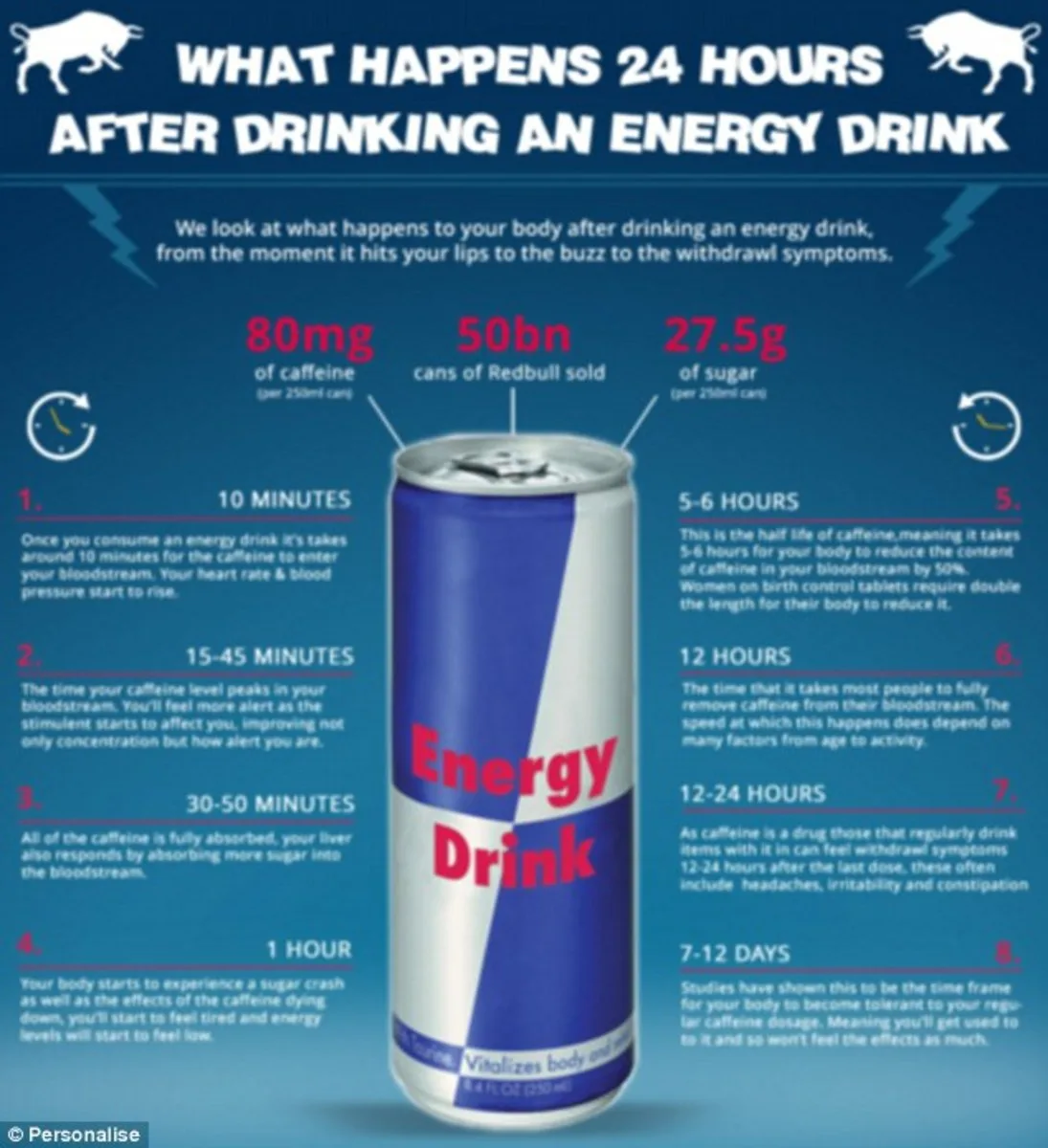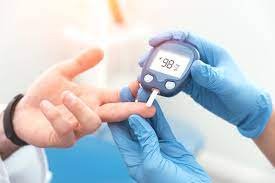Recent research has sounded the alarm on the potential dangers of energy drinks, often considered a quick fix for tiredness. These beverages, laden with high levels of sugar and caffeine, are now under scrutiny as doctors warn of their association with life-threatening conditions.
Containing caffeine levels ranging from 80mg to 300mg per serving, energy drinks far exceed the caffeine content found in a standard cup of coffee. Additionally, they often contain other stimulants like taurine and guarana, which can affect heart rate, blood pressure, and other cardiac functions.
The consumption of these popular beverages has been linked to disruptions in the heart’s electrical system, increasing the risk of abnormal heart rhythms, which can lead to severe consequences such as sudden cardiac arrest.
A study conducted at the Mayo Clinic analyzed the medical records of 144 patients who survived a cardiac arrest after consuming energy drinks. The findings revealed a concerning trend, with several patients experiencing life-threatening arrhythmias shortly after consumption.
While critics may argue that these findings merely suggest an association rather than causation, experts emphasize the need for more data to fully understand the potential risks posed by energy drinks.
Caffeine, one of the primary stimulants in these beverages, can increase heart rate and concentration, but excessive consumption can have adverse effects on health. Conversely, refined sugar, abundant in energy drinks, provides a short burst of energy followed by a crash, affecting mood and increasing hunger.
Nutritionists advise against relying on energy drinks for an energy boost and instead recommend alternatives like filtered water. Consuming large amounts of energy drinks exposes individuals to caffeine, artificial additives, and sweeteners, which can disrupt energy levels and gut health.
As concerns grow over the health implications of energy drinks, individuals are encouraged to prioritize healthier beverage options and limit their consumption of these potentially harmful products.



